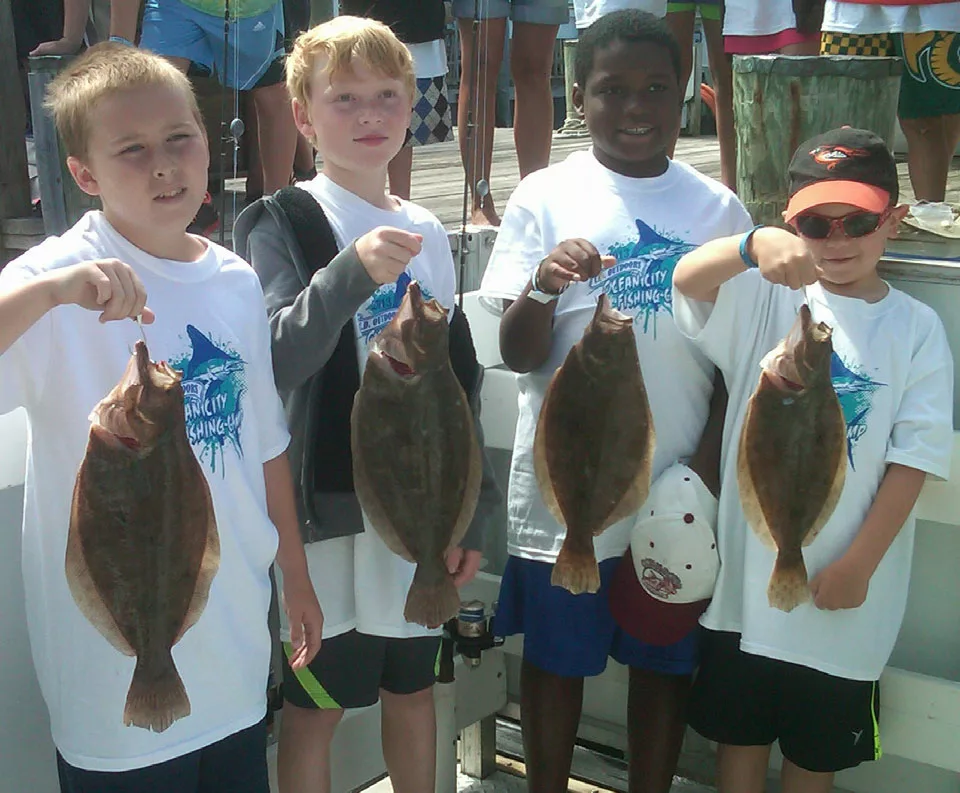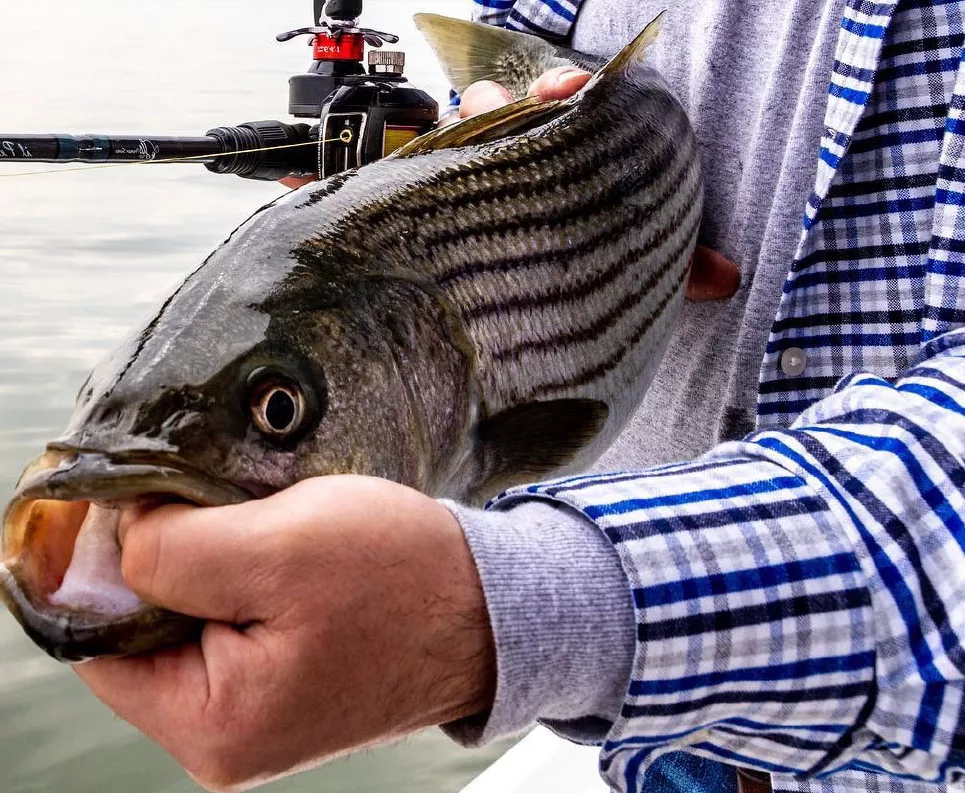Your Cart
The Chesapeake Bay, the largest estuary in North America, is undeniably a national treasure. Woven into its natural tapestry is the rich legacy of recreational boating and sport fishing that, along with other outdoor pursuits, shape the region’s cultural identity and drive its robust economic health. The Chesapeake watershed offers year-round, high-quality outdoor recreational opportunities for many of its eighteen million residents and also provides wonderful outdoor experiences for millions of people and families who visit the region each year.
A healthy Chesapeake Bay and a robust sportfishing and boating lifestyle are intrinsically linked. Although progress is being made to reverse these trends, unfortunately, the Chesapeake's health remains compromised by polluted runoff, habitat loss, and overfishing as well as misguided fishery management decisions.
The boating and sport fishing community has always been at the forefront of natural resources conservation and, once again, stands ready to re-dedicate our commitment to achieve these worthy goals.
Together, we can help maintain and improve the Bay's vitality through fishing and boating management actions and habitat restoration initiatives.
Expanding Economic and Cultural Importance of Sport Fishing and Boating
Although people of all backgrounds and walks of life enjoy recreational fishing and boating, it is essential to ramp up efforts to engage, recruit, and make welcome new participants— especially those from underserved communities.

The Future of Forage Fish
Progress has been made to more sustainably manage menhaden, but are enough being left in the Chesapeake and Atlantic Ocean for game fish and other marine animals?
Menhaden, also known as bunker or pogy - are the primary prey for striped bass, bluefish, and weakfish as well as whales and sea birds.

The Future of Fisheries Management
Balancing commercial fishing interests with recreational anglers’ goals requires timely and reliable data sources, clear communications with the public, and building the knowledge base of stakeholders in order to build consensus.
Reducing Polluted Runoff and Restoring Marine Habitats
Clean water and vibrant habitats are the cornerstones of healthy fisheries, which in turn support quality recreational fishing and pleasure boating. Without quality habitat, even our best efforts to increase fish abundance, improve stock assessments, and expand data collection will fall woefully short.
Download the PDF
Download Vision of the Chesapeake: Charting a Course for the Future of Sportfishing and Boating on the Bay
